Search
Did you mean: Samo?
Search Results
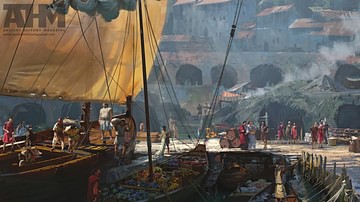
Definition
Periplus of the Erythraean Sea
The Periplus of the Erythraean Sea is an eyewitness account of ancient travel to Africa and India via the Red Sea written by an unknown Greek-speaking Egyptian author in the 1st century CE. In this detailed account, the conditions of the...

Definition
Saint Gall
Saint Gall (c. 550 - c. 645 CE), also known as Saint Gallus, was an Irish monk who lived in what is present-day Switzerland during the 6th century CE and was one of twelve companions of Saint Columbanus' Christian mission to the European...
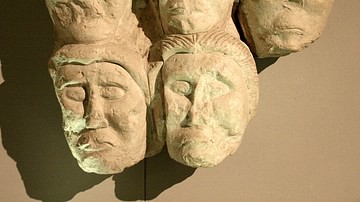
Article
Sacred Sites & Rituals in the Ancient Celtic Religion
In the religion of the ancient Celts who lived in Iron Age Europe from 700 BCE to 400 CE, certain natural sites like springs, river sources, and groves were held as sacred. These places, as well as some urban sites, often had purpose-built...
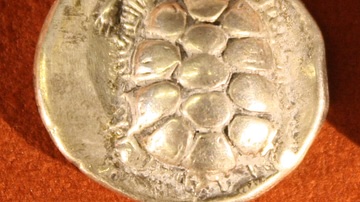
Article
The Island Kingdom of Aegina: The Old Gods Still Whisper Their Truths
Today, traveling an hour by ferry from Piraeus, the port of Athens, the first remnant of Aegina's great past a visitor will see is the lonely pillar of Apollo rising from the trees on the hill of Kolona. Once a splendid complex of three buildings...
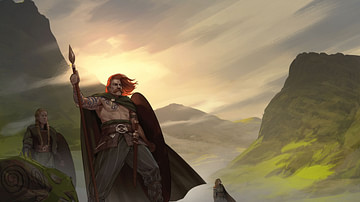
Definition
Celtic Warrior
The warriors of Celtic Europe were amongst the most distinctive of any fighters in the ancient world. With their great height, long hair and moustaches, frequent nakedness, painted and tattooed bodies, and fondness for collecting enemy heads...
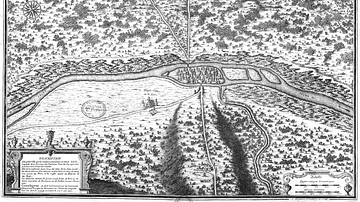
Definition
Lutetia
Lutetia Parisiorum was the capital of the Parisii, a tribe in ancient Gaul. The Parisii were a tribe on the Middle Seine, and Lutetia ("place near a swamp") was one of their main settlements. It was on the south bank of the river. In 53 BCE...

Definition
Eratosthenes
Eratosthenes (l. c. 276-195 BCE) was a Greek astronomer, geographer, mathematician, and poet best known for being the first to calculate the circumference of the earth and its axial tilt. He is also recognized for his mathematical innovation...
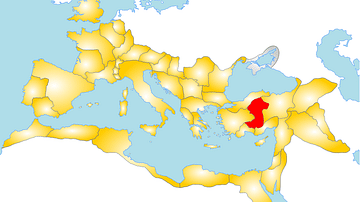
Definition
Galatia
Galatia was a region in north-central Anatolia (modern-day Turkey) settled by the Celtic Gauls c. 278-277 BCE. The name comes from the Greek for "Gaul" which was repeated by Latin writers as Galli. The Celts were offered the region by the...

Definition
Theodoric the Great
Theodoric the Great (l. c. 454-526 CE, r. 493-526 CE, also known as Flavius Theodoricus) was the king of the Ostrogoths who, at the encouragement and direction of the Roman emperor Zeno, invaded Italy, deposed King Odoacer, and ruled over...

Article
Roman Glass
Roman glassware includes some of the finest pieces of art ever produced in antiquity and the very best were valued higher than wares made with precious metals. However, plain glass vessels such as cups, bowls, plates, and bottles were also...